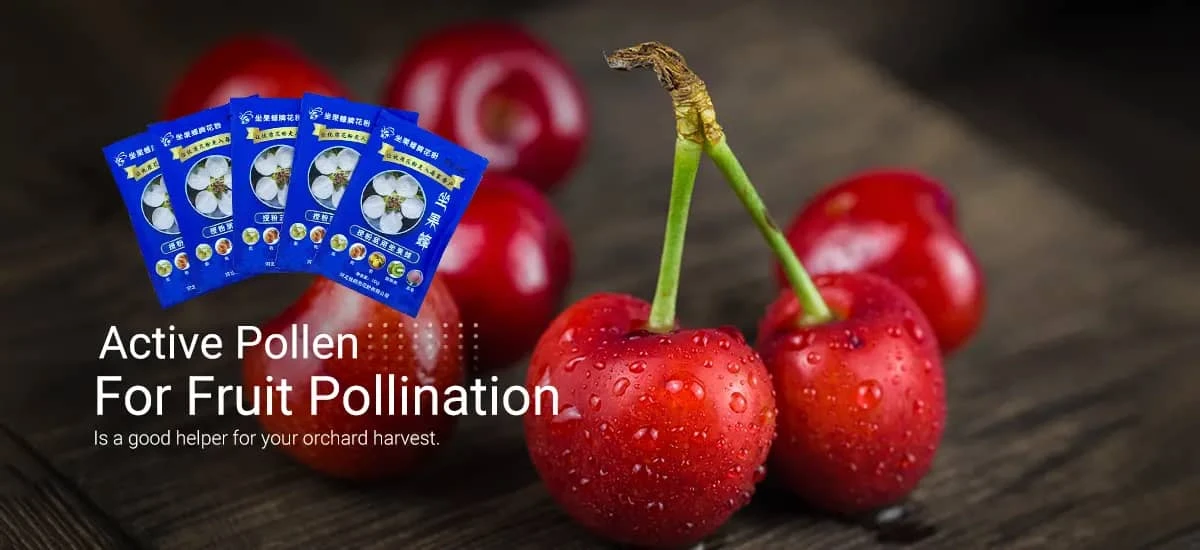Oct . 31, 2024 11:31 Back to list
Unexpected Perks of Pollination for Apple Crops You May Not Know
The Unexpected Benefits of Pollination for Apples
Pollination is a crucial process that significantly impacts agriculture, especially in the production of fruits like apples. While the primary purpose of pollination is to facilitate reproduction in flowering plants, the broader benefits it brings to apple orchards and ecosystems are often underestimated.
One of the most well-known benefits of pollination is the increase in apple yield. Apple trees typically require cross-pollination to produce fruit, as this process enhances genetic diversity and results in a higher quality crop. Studies have shown that orchards with diverse pollinator populations, including bees, butterflies, and other insects, tend to produce larger and more flavorful apples. This abundance contributes not only to the local economy but also to the food supply, ensuring that consumers have access to fresh, nutritious fruits.
Additionally, effective pollination contributes to the health of apple trees themselves. When pollinators visit flowers, they help fertilize the ovules, leading to the development of a strong fruit set. Healthy apples benefit the overall vitality of the tree, which can lead to better resilience against diseases and pests. This natural process reduces the need for chemical interventions in orchards, promoting more sustainable agricultural practices.
famous pollination can bring unexpected benefits to apples

Moreover, the role of pollinators extends beyond apple production. Healthy apple orchards serve as vital ecosystems for various species. They provide habitat and resources for numerous wildlife, including birds, beneficial insects, and other pollinators. This biodiversity not only supports the local ecosystem but also contributes to the resilience of agricultural systems as a whole. Diverse environments are better equipped to handle pests and diseases, thereby reducing the reliance on pesticides and fostering a more ecological approach to farming.
Interestingly, pollination also offers unexpected social and educational benefits. Apple orchards often become community hubs during harvest season, attracting visitors and fostering connections between farmers and consumers. Educational programs about the importance of pollinators and sustainable farming practices can be hosted in these settings, raising awareness about environmental conservation.
In conclusion, the process of pollination is vital not only for the production of apples but also for the overall health of ecosystems and communities. By recognizing and supporting pollinator populations, we can ensure robust apple yields, maintain ecological balance, and promote sustainable agricultural practices. The unexpected benefits of pollination highlight the interconnectedness of nature and agriculture, reminding us that protecting our pollinators is essential for a fruitful future.
-
Pollen Peach Tree for Pure Pollination and High-Quality Peach Pollen
NewsJul.30,2025
-
Premium Cherry Pollen for Pure Pollination & Different Types
NewsJul.30,2025
-
Artificial Pollination Solutions for Various Plant Pollen Types
NewsJul.29,2025
-
Artificial Pollination Solutions for All Plant Pollen Types
NewsJul.29,2025
-
Premium Plant Pollen for Pure Pollination & Pollen Block Solutions
NewsJul.29,2025
-
Artificial Pollination Solutions for Efficient Crop Yields
NewsJul.28,2025